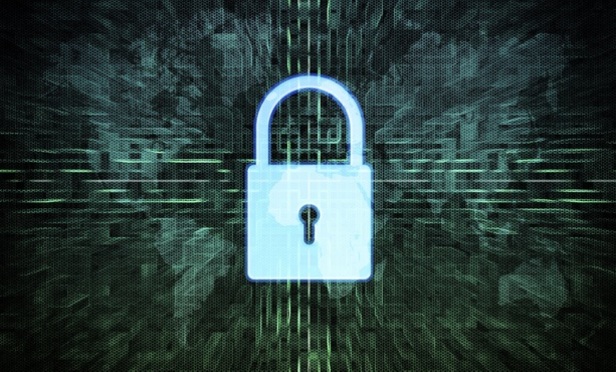Editor’s note: This article is the second in a two-part series.
In last week’s column, I looked at the Second Circuit’s opinion in In the Matter of a Warrant to Search a Certain Email Account Controlled and Maintained by Microsoft, No. 14-2985 (2d Cir. July 14, 2016), where the court held that a warrant issued under Section 2703 of the Stored Communications Act (SCA), 18 U.S.C. Section 2701, could not compel Microsoft to produce to the government copies of electronic data stored in Ireland, even though that data could easily be accessed by a user in the United States. Analysis of the opinion reveals that the physical trespass found to be of no moment in Katz v. United States, 389 U.S. 347, 88 S.Ct. 507 (1967), which held that law enforcement needed a search warrant to conduct a wiretap, and which announced, proves to be the deciding factor for the court. Such analysis raises the question of whether jurisprudence regarding electronic data is evolving, devolving, or simply incoherent.
Analysis
This content has been archived. It is available through our partners, LexisNexis® and Bloomberg Law.
To view this content, please continue to their sites.
Not a Lexis Subscriber?
Subscribe Now
Not a Bloomberg Law Subscriber?
Subscribe Now
LexisNexis® and Bloomberg Law are third party online distributors of the broad collection of current and archived versions of ALM's legal news publications. LexisNexis® and Bloomberg Law customers are able to access and use ALM's content, including content from the National Law Journal, The American Lawyer, Legaltech News, The New York Law Journal, and Corporate Counsel, as well as other sources of legal information.
For questions call 1-877-256-2472 or contact us at [email protected]



